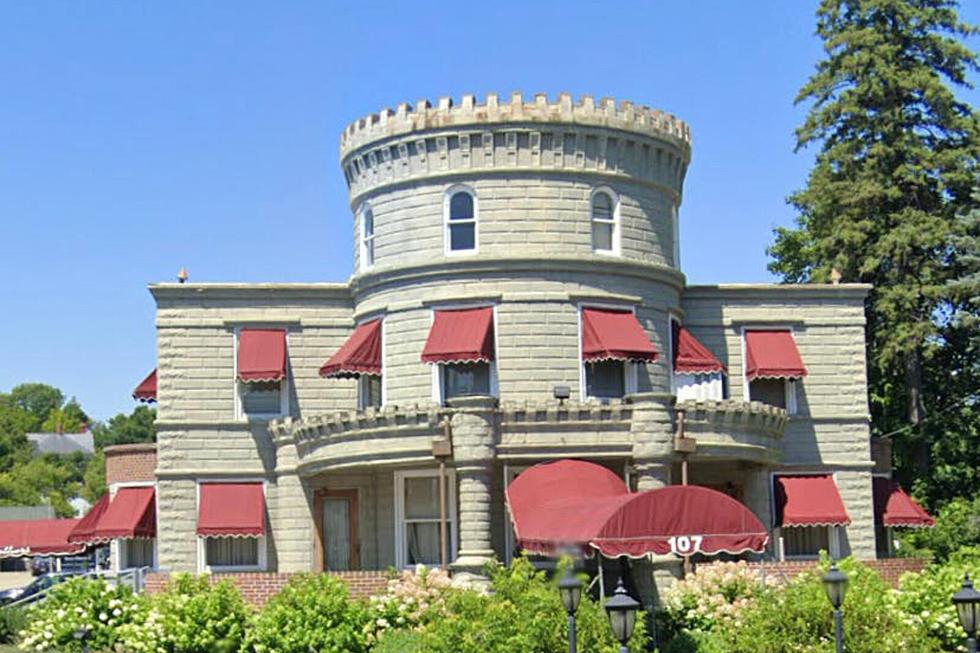
Did Two New Hampshire Towns Change Their Names Because Of WWII?
Over the last few days, we have seen millions of people step up to show their support for the people of Ukraine. While they have done this in various ways, one of the most popular ways people are showing support here in the United States is by ditching liquor imported from Russia, the aggressor in the conflict.
Several days ago, New Hampshire Governor Sununu made the announcement that Russian alcohols were going to be pulled the shelves of New Hampshire State Liquor Stores. In Maine, some bars and towns have ended the sale of Russian liquors. And, on Monday, both Maine Governor Janet Mills and gubernatorial candidate Paul LePage have called for businesses to stop selling Russian vodka and other liquors.
Even though it has been decades, this is not the first time that New England towns and cities made serious changes because of a conflict in other parts of the world.
If you are familiar with New Hampshire, have you ever wondered why the towns of Berlin and Milan are pronounced the way they are?
For those who do not know, the names of those two towns are not said in the same way they would be for the German and Italian cities. Berlin is more like BURR-LYNN. Milan is more like MY-LAN or MY-LUN.
But, why is this?
Well, as the story goes, back in World War II, as the Allies were battling the Axis Powers (Germany, Italy, and Japan), the good people of New Hampshire did not want to be associated with the “enemy”. Completely changing the names of the towns would be way too much of an undertaking. So, they went the easier route. Instead, they just modified the pronunciation of the names.
We have never been able to find evidence of this in writing, but the theory that the residents were trying to distance themselves from the “enemy” is one that many people living in the area agree with.
In fact, during World War I, the town had held discussions about changing the name. Those discussions never got anywhere, though.
Other theories about why Berlin and Milan are pronounced the way they are include it being a regional dialect and the influence of the town’s French residents.
What is your opinion? Let us know through our app or on Facebook.
25 Historical Figures With Interesting Ties to New Hampshire
More From B98.5









